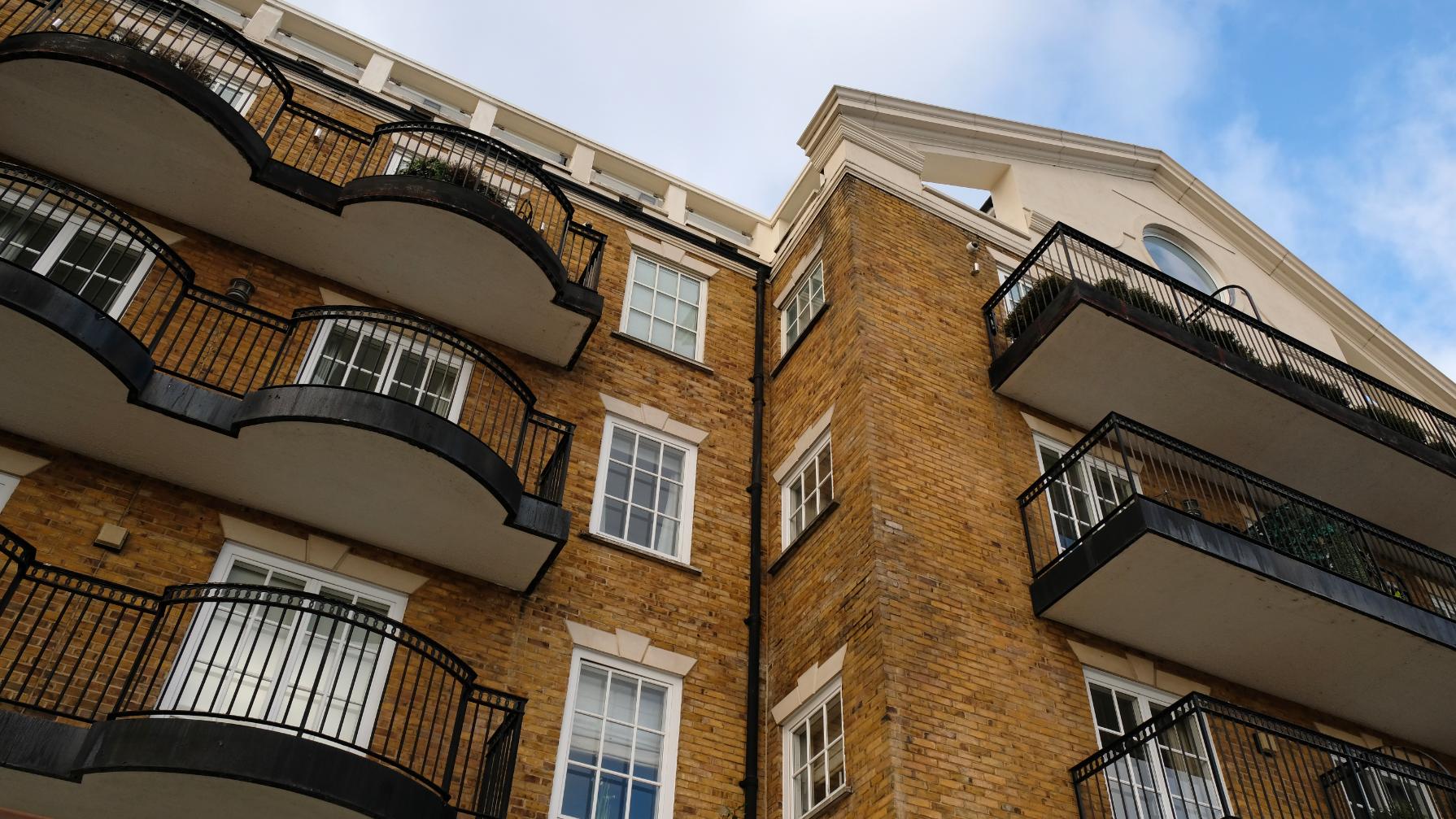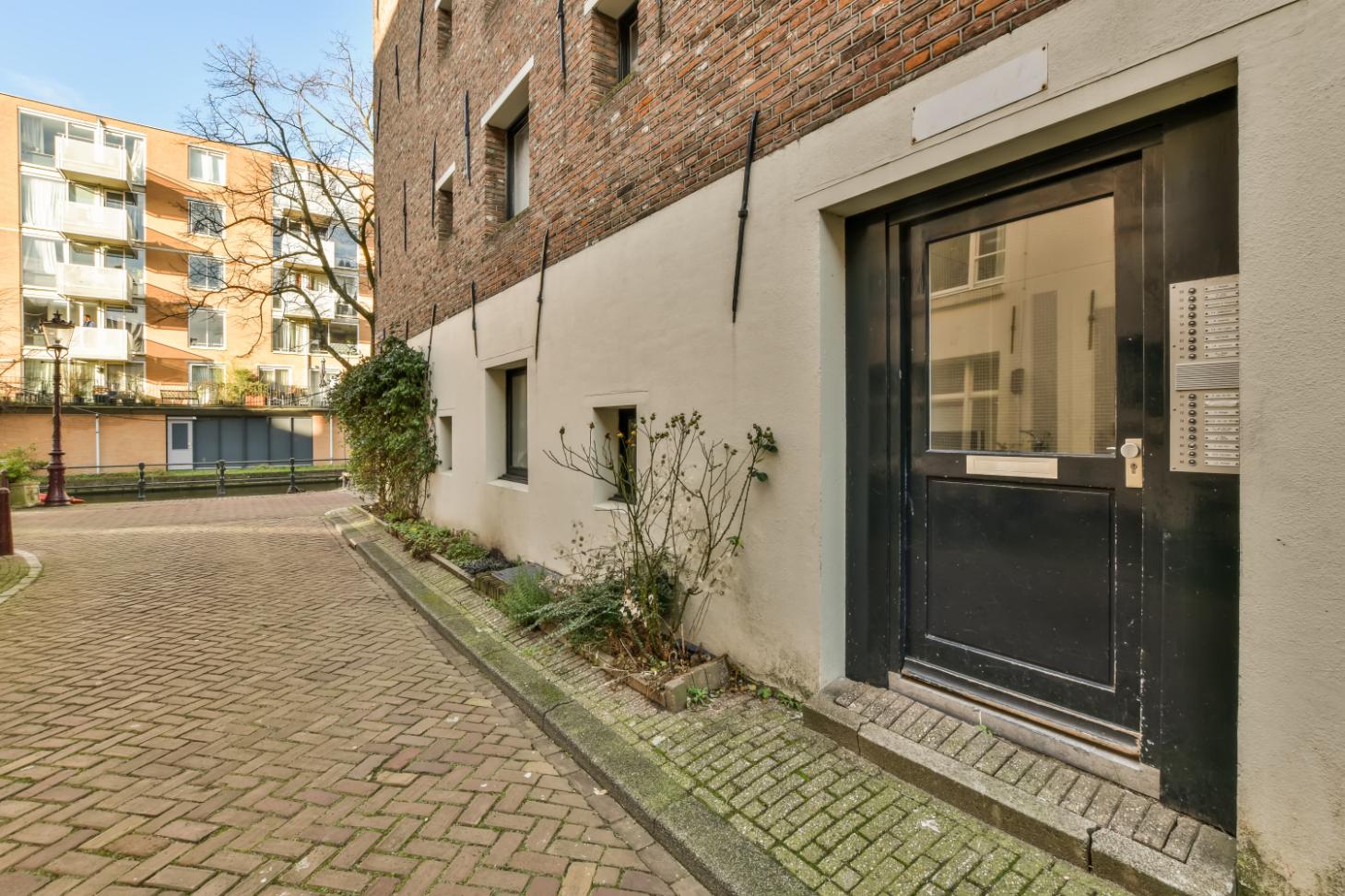Under this route, a leaseholder can approach the freeholder in the first instance and ask whether they are interested in negotiating a lease extension. There is no obligation on the freeholder to respond or to agree to extend the lease following this request. If the freeholder agrees then both parties will have to negotiate.
It is worth starting the process informally as it could save time and money. But if negotiations fail, then leaseholders who comply with the criteria, can use the formal route to try and extend their lease and go to the Tribunal if no agreement on the price or terms can be reached.
Lease extension can be a difficult process. We recommend you get professional help in this area.
To download our comprehensive guide, “Everything you need to know about lease extensions”, click here.


